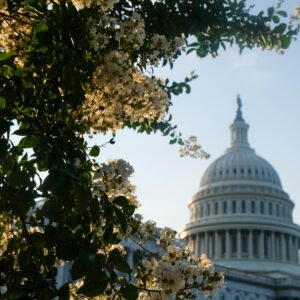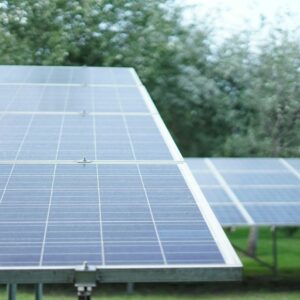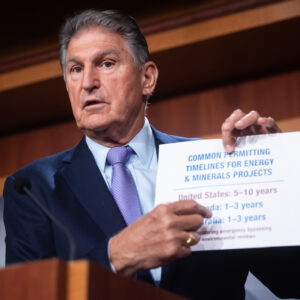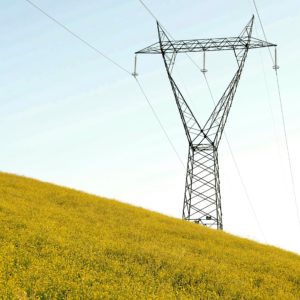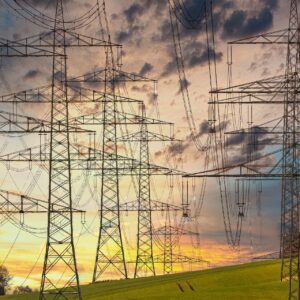Permitting reform has swiftly risen to the forefront in Washington as a pressing national security priority. The United States is grappling with the dual challenges of escalating energy demand and mounting global competition, particularly from China. Despite the critical role of our nation’s energy infrastructure, the U.S. is ensnared in a permitting process that can...
Low-Energy Fridays: The Intersection of Trade and Energy Policy
The Biden administration recently set new tariffs on photovoltaic solar panels imported from Southeast Asia. Always a thorny issue, trade policy is expected to be especially controversial in 2025. Therefore, it’s worth understanding when tariffs might be appropriate and when they might carry more cost than benefit. The solar panel import issue is challenging because it isn’t...
U.S. Department of Energy invests $17M to shore up Americas energy security with robust supply chain for critical materials
The U.S. Department of Energy (DOE) today announced an investment of $17 million across 14 projects that will accelerate critical materials innovation while promoting safe, sustainable, economic, and efficient solutions to meet current and future supply chain needs. The projects, which span 11 states, are strengthening and streamlining manufacturing for high-impact components and technologies such...
Permitting Reform 1.0 Shouldn’t Wait Until the New Year
On Election Day, the American people gave the Republican Party a mandate to chart a new path forward on complex issues facing our country, not the least of which is energy. The good news, though, is we don’t have to wait until January to make progress. Passing legislation on permitting reform before the end of...
SCOTUS hears arguments in case that could reshape environmental law
The Supreme Court heard oral arguments Tuesday on a case that could reshape a key environmental law and determine the future of an oil railway project in the west. The National Environmental Policy Act (NEPA) requires federal agencies to conduct a review of environmental impacts before making any decisions and then issue a “detailed statement” of the review. SCOTUS...
FERC rejects plan to shift PJM’s transmission planning protocol in win for state regulators
Concerned about a loss of regional transmission organization independence, the Federal Energy Regulatory Commission on Friday rejected proposals that would have given PJM Interconnection transmission owners more control over the grid operator’s transmission planning process. “We are concerned that these provisions violate the Commission’s independence requirement by providing a single stakeholder group, specifically, the PJM [transmission owners,]...
USDA must do more to regulate genetically modified crops, judge rules
The court’s ruling reverses an effort by the Trump administration to overhaul regulation of biotechnology products with the goal of streamlining the review process to accelerate innovation in agriculture. The changes meant that genetically modified crops would be subject to regulation if they’re deemed to be “noxious weeds,” which is determined based on traits from...
The aging U.S. power grid is slowing Big Tech’s data centers and AI’s future
The Trump administration and state policymakers should ease regulations on utilities The United States holds a commanding lead in data-center capacity, hosting 37% of the world’s facilities, and being home to the largest data center providers – Amazon.com (AMZN,) Microsoft (MSFT) and Alphabet (GOOG). These data centers are more than just infrastructure; they are the...
Low-Energy Fridays: Loan guarantees for energy innovation is an interesting idea ruined by politicians
In 2009, then-Vice President Joe Biden was stumping for what was known as the stimulus bill. To paint a picture of the administration’s successes, he was championing a half-a-billion-dollar clean energy innovation project supported by the Department of Energy Loan Programs Office (LPO). That project was called Solyndra, and it promised a novel type of solar power generation. Solyndra...
Regulatory red tape holds back the carbon capture opportunity in Texas
We all know Texas is the energy capital of America, and we know that our ability to lead the country in so many types of energy production — oil, natural gas, wind, solar, battery storage and soon geothermal — is often in spite of federal regulations that are designed to delay and obstruct. Thankfully, the incoming Trump...
